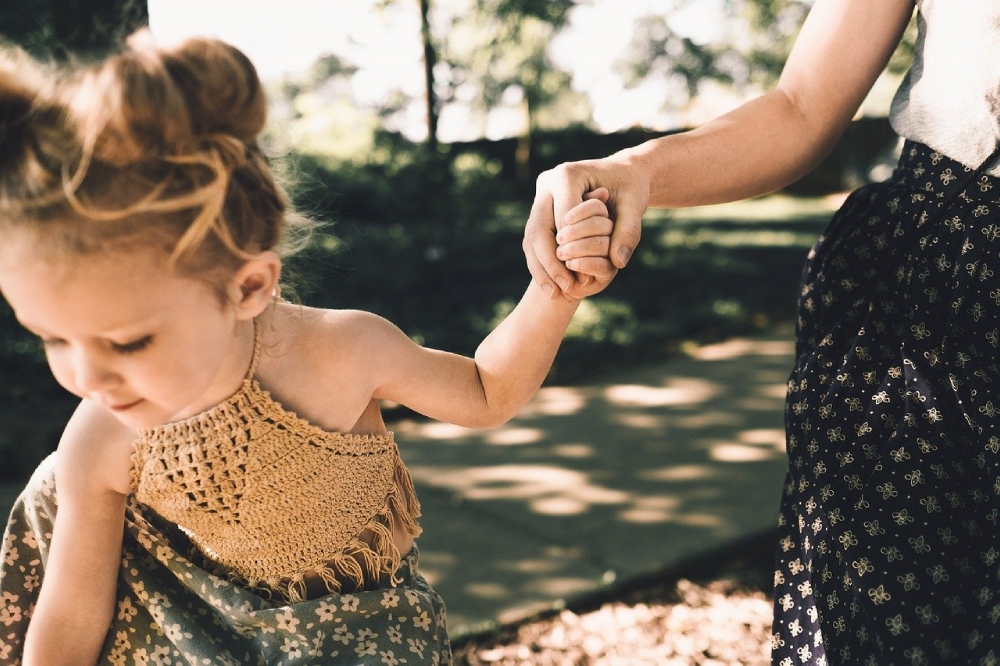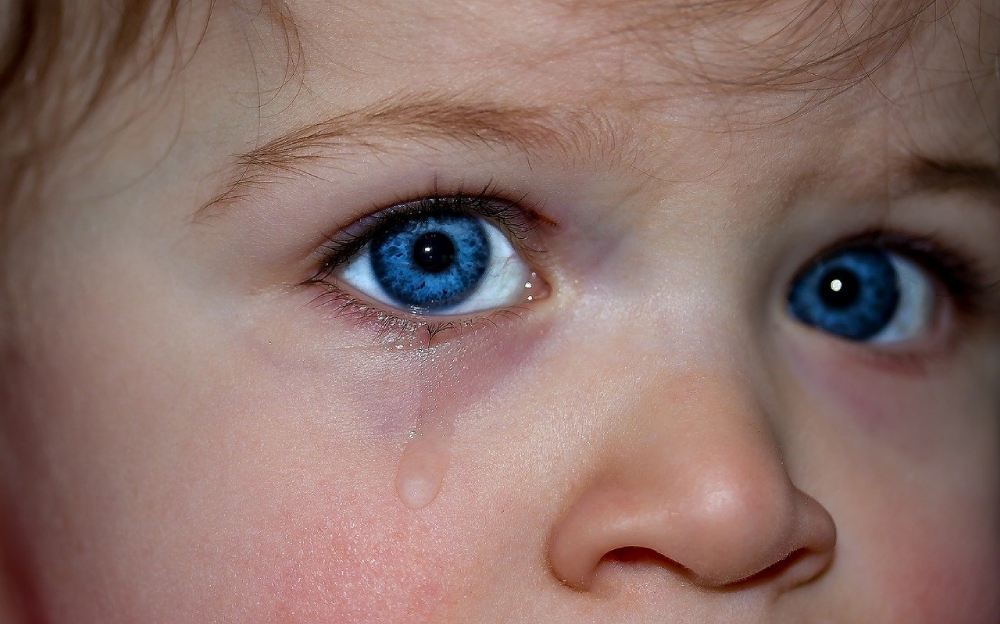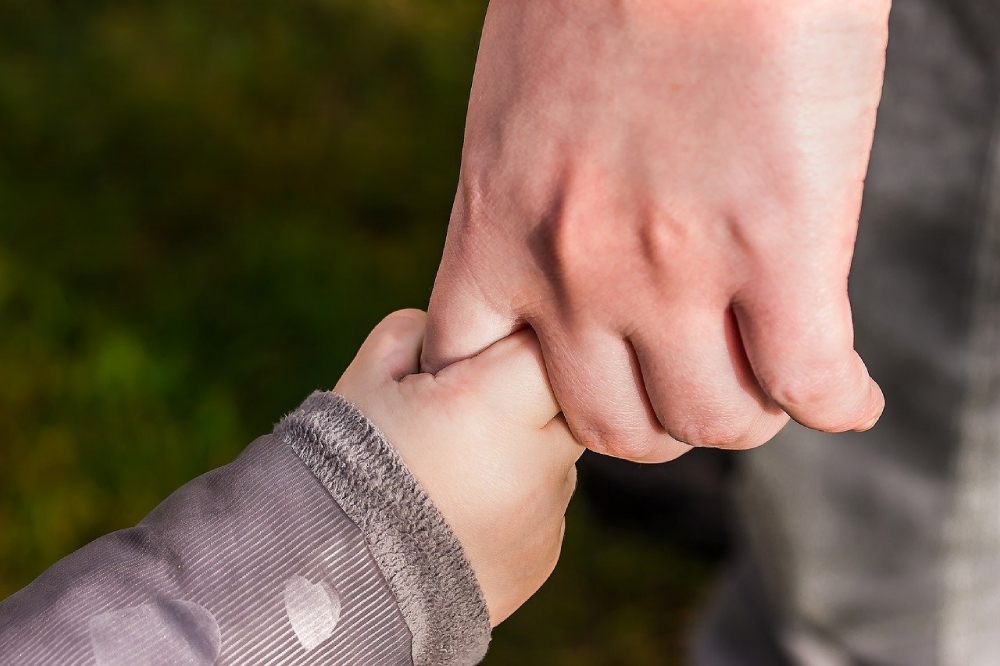Reasons Children are Clingy

Separation anxiety.
The bottom line is that you are the centre of your child’s world and to them you represent warmth, security and food. Not surprisingly, many babies start to cry the moment they lose sight of you in the room, but tears quickly turn to smiles, the moment they see you again. Many toddlers can be seen going into complete melt down when they're told that their parent will be leaving them for awhile. Their reactions are often very dramatic with flood of tears, clinging to your leg or bouncing around the room totally inconsolable.Sometimes separation anxiety can continue even when your child has started school but this is usually linked to the move to a new school or something happening at home such as the arrival of a new baby or relationship problems.
Stranger anxiety.
Many children become clingy when they are faced with an environment full of strangers. It is certainly good that they are unsure of strangers, as it means that they are much less likely to trust them, but at the same time, a display of extreme emotion or behaviour is a little too much. It is important that children learn how to separate from their parents and how to be confident when they are.If your child is introverted they will find it difficult to cope with groups of people so try getting to play school or a birthday party a few minutes early when there are few people around.
Other causes of clinginess.
Children can have a sixth sense and know when things are going on especially between other family members. If parents are going through a difficult patch or are separating your child will already know and it is pointless hiding illness or mental health problems from them.Other life events can also rock your child’s confidence and these include moving house, a new baby, new school when your child will need support as they adjust to the changes and begin to feel safe and secure again.
As your child is growing, so is their character and their own will and determination. Consequently, when they get upset about you leaving, whilst they are feeling anxious, there is also a liberal dusting of wanting you to stay just simply because it is what they want!

Comfort your child and never ignore or punish them for their outbursts, try and understand how they feel. If you are feeling embarrassed, try not to be as it is a phase and it will pass.
If your child starts to take a wobble about being left, give them a cuddle rather than leave anyway. It takes a little longer but it works!
Never creep away, always tell your child when you are leaving and for how long.
It is important to talk with your child well before a new situation such as a house move. Find out what aspects make them anxious such as leaving friends behind, the play park etc.
Recognise your child’s feelings and tell them that you feel the same and why.
Reassure your child about why you have to leave them sometimes but always come back when you say you will.
Talk about emotions together as many children find this helps. For example, do they get worried when they cannot see you in a group of people?

Being independent is a life skill your child needs to learn. When you are at home together, give them little jobs to do and encourage them to play or look at a book on their own. Encourage your partner and close family members to spend time with your child, whilst you go out so they grow used to it.
Although the clingy phase is a difficult one to cope with, it is important to keep reminding yourself that it is just a phase and that it will pass. Some children are particularly sensitive and will take months rather than weeks to adapt to new situations and will need your full support throughout. If you find that their clinginess is occurring every day and it is interfering with every day life and has gone on for more than a month, it will be worth seeking the advice of your family doctor.
Don't forget one day they will be all grown up and you will be the one wanting to cling to them!
Chrissie x

